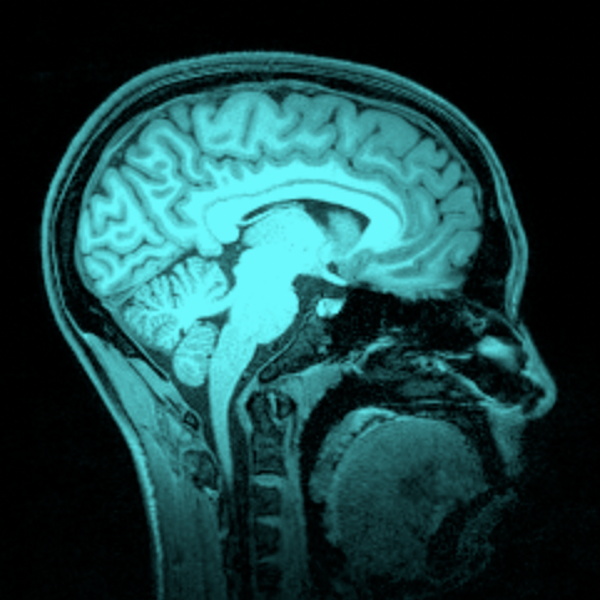
Running from 2020 to 2021, this project, funded by the Spanish Foundation for Science and Technology (FECYT), aims to disseminate information about bilingualism to social groups who experience the benefits and challenges of multilingualism and multiculturalism in their daily lives.
Research in the the past decades about bilingualism and second language (L2) acquisition has brought about new perspectives regarding cerebral plasticity (Wong, Morgan-Short, Ettlinger, & Zheng, 2012) and has served as a fascinating starting point for understanding how the mind works. L2 acquisition is often challenging, especially for learners who must acquire new vocabulary and grammatical structures that may conflict with those they have in their native language (Branigan & McLean, 2016). The scientific evidence accumulated in recent years suggests that the acquisition of two languages can produce essential changes in neural functioning.
The overall objective of this project is to disseminate scientific advances related to bilingualism and language learning to all social groups that directly experience the benefits and challenges of bilingualism in their daily lives (e.g., families, teachers and professionals working with bilingual children and adults, etc.).
With this goal in mind, we have designed several dissemination activities that will transfer our scientific knowledge to different groups in an innovative yet straighforward fashion. More specifically, we will see through the following events:
1) Informational sessions and workshops in educational centers in the province of Granada. We will plan activities for grade school classes and interested parents to emphazise the importance of language learning and answer questions/clear up misconceptions about bilingualism.
2) Open house days at the Center of Mind, Brain, and Behavior (CIMCYC). Members of educational centers (grade schools, vocational centers, and language acadamies) will be able to tour the center and assist demonstrations of the techniques and instruments (e.g., EEG, fMRI, tDCS, TMS) that are used when investigating bilingualism.
3) Science and Society Events. We will organize colloquiums and interviews that will reveal the interdisciplinary and multifaceted nature of bilingualism. We plan to invite international members of other BM branches as guest speakers.
4) European Researchers' Night. This will be a night in which anyone who wishes to can attend the event set up in the center of the city of Granada and learn about empirical studies in the field of bilingualism. The purpose of this night will be to bring researchers closer to the public in an interactive and engaging way, focusing on the impact of bilingualism on citizens' daily lives through workshops, games, performances, and demonstrations, including a live EEG montage.
Branigan, H. P., & McLean, J. F. (2016). What children learn from adults’ utterances: An ephemeral lexical boost and persistent syntactic priming in adult–child dialogue. Journal of Memory and Language, 91, 141–157. https://doi.org/10.1016/j.jml.2016.02.002
Wong, P. C. M., Morgan-Short, K., Ettlinger, M., & Zheng, J. (2012). Linking neurogenetics and individual differences in language learning: The dopamine hypothesis. Cortex: A Journal Devoted to the Study of the Nervous System and Behavior, 48(9), 1091–1102. https://doi.org/10.1016/j.cortex.2012.03.017

We launched our YouTube channel this year, where we talk about our research, bilingualism, and the activities that we've been up to these past months. Check it out!
Our Bilingualism Matters team opened the doors to our laboratory to give high schoolers a glimpse into the life of a researcher.
Cristina López-Rojas participated in the “blitz talks” sessions puts the spotlight our Bilingualism Matters objectives
Our BM team continues with our visits to different elementary schools to talk with the local children
Our BM group organized a webinar for bilingual families, to debunk myths and show what the science says about bilingualism